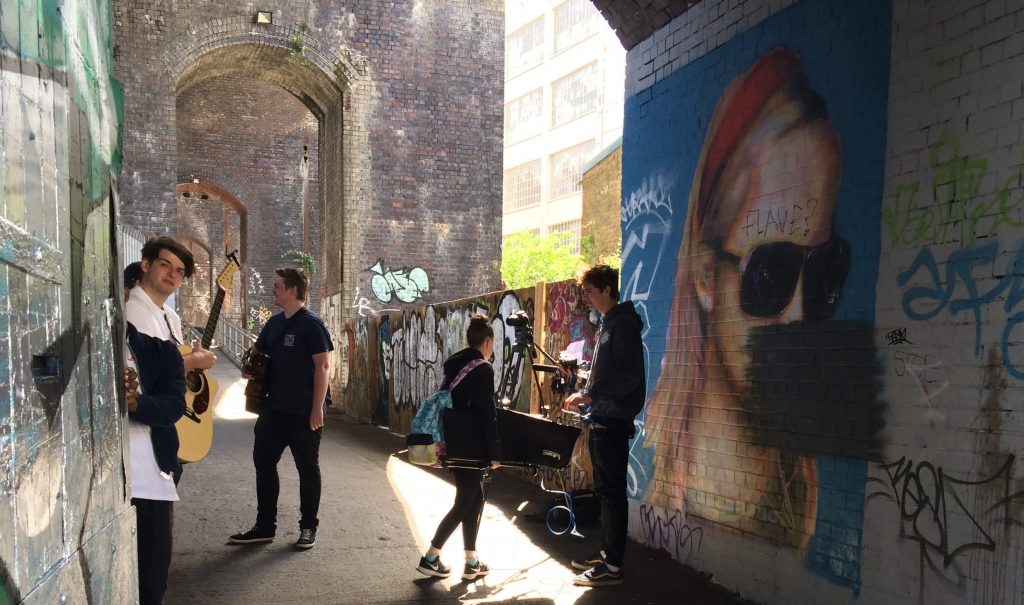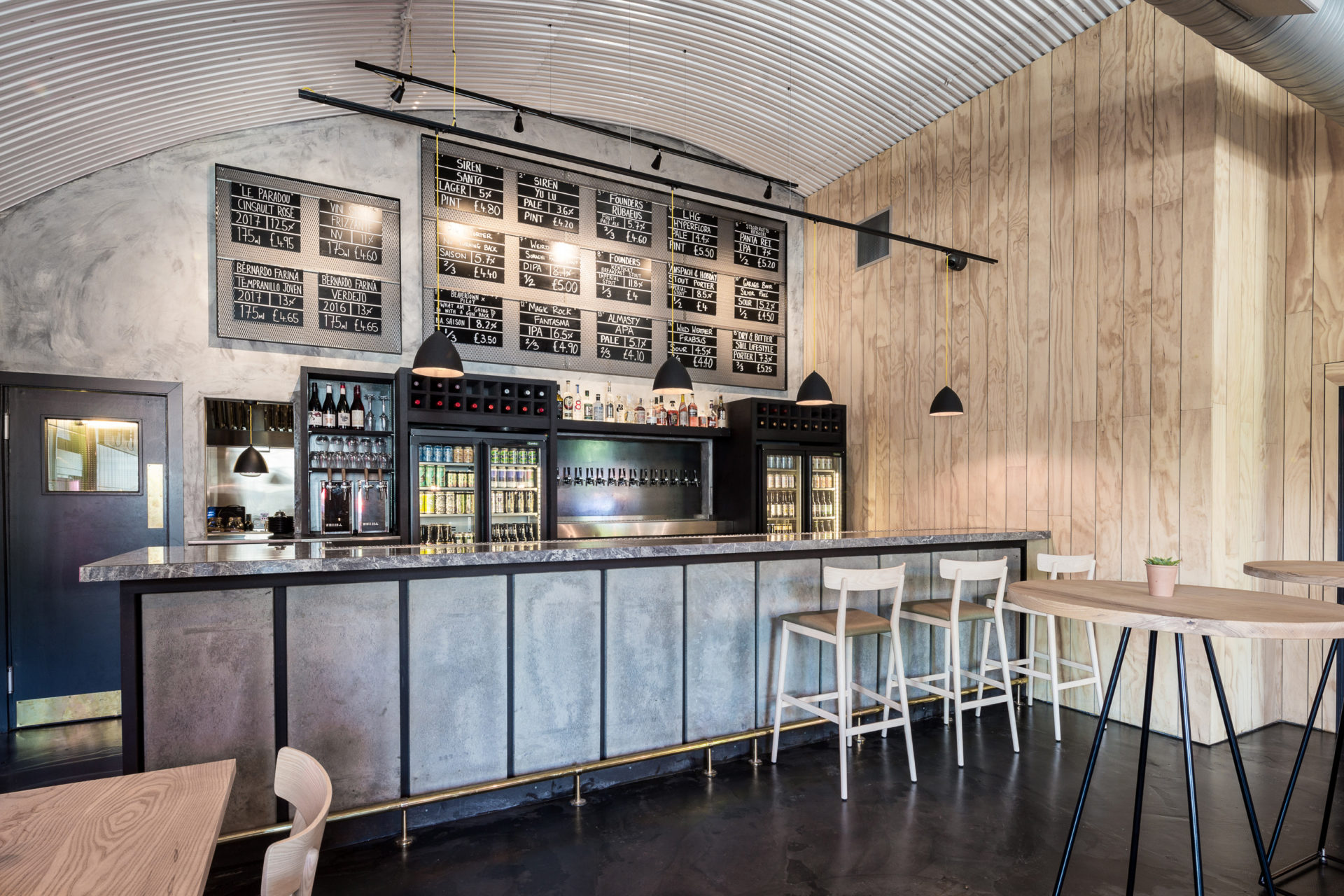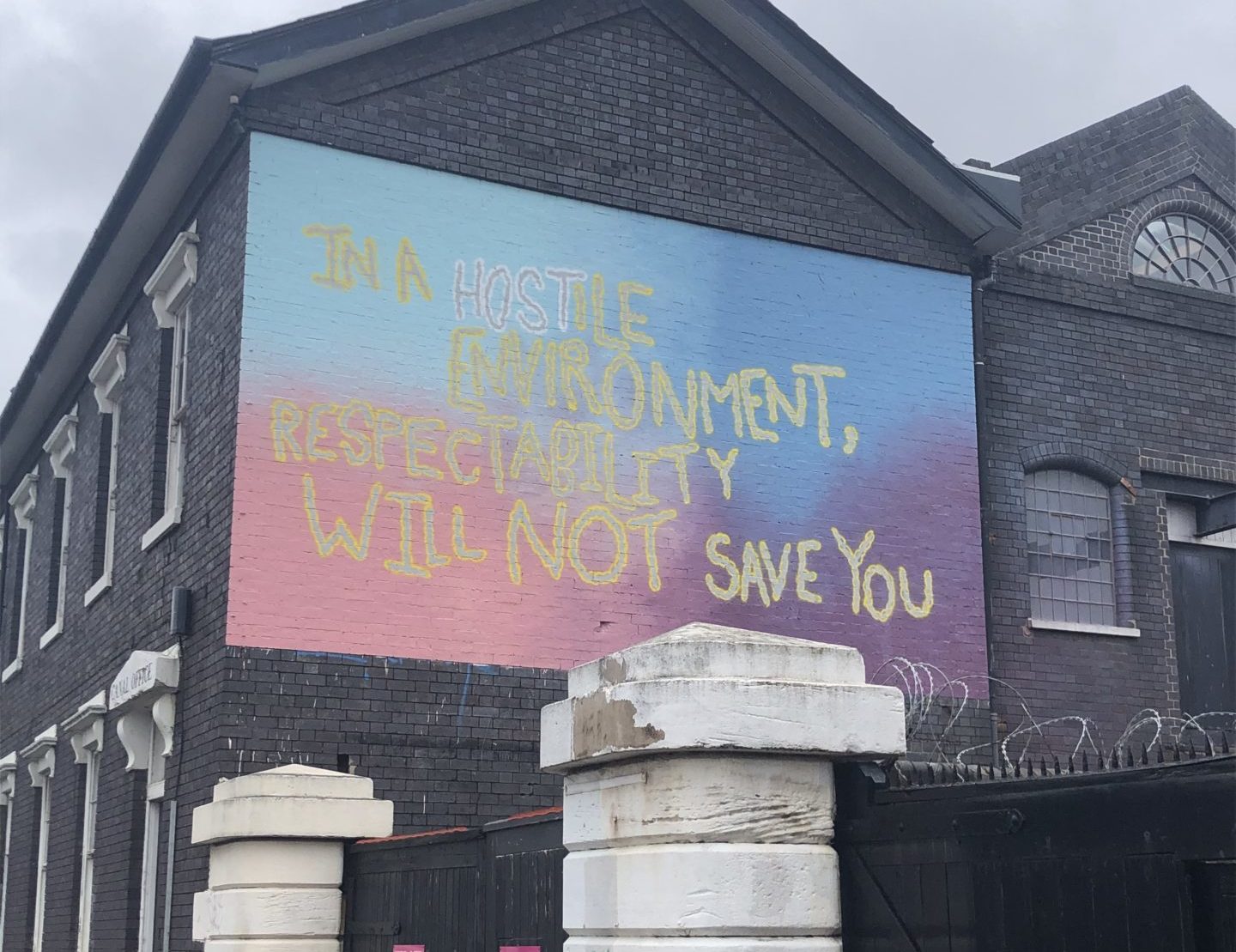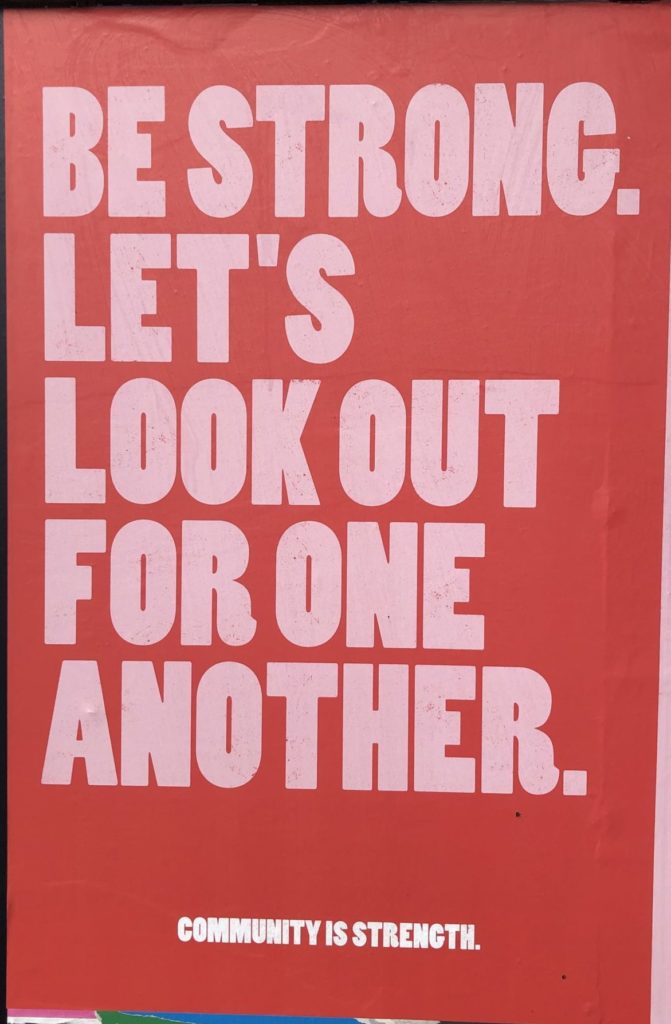Consider Digbeth a post-industrial area close to the centre of Birmingham, a place where people have found home then moved on over the years, a location with a century old history of artisan crafts and trades. Steve Harding looks at strategies of designers and makers to cope economically with the lockdown.

What is Digbeth known for?
A place full of communities, of makers and creatives, of artists and designers working together.
One such case is presented by MJM Bespoke (www.mjmbespoke.com). The firm is focussed on specialist furniture making and commissions for exhibitions, theatres, arts installations, cafe bars and private homes.
The team of fine artists, furniture makers, ceramists and industrial designers is adjusting to “making” post Covid. This has meant a renewed focus on private clients and working with architects in bespoke work. The culture of the firm rooted in Digbeth, has always been cooperative with decision making at the level of the freelance workforce.


Cooperative work
The benefits of on-site work for design and installation of bespoke furniture because of social distancing has had unexpected outcomes. These include a better emphasis for work life balance amongst the team and better relationships with clients. This emphasis on cooperative working focused on design has really come to the fore and this new flexibility will now be critical in the months and years ahead.

Future options of Digbeth?
A challenge now for firms like MJM as they emerge from lockdown is how best to survive and thrive in Digbeth as the area is subject to massive regeneration focused on the construction of the HS2 railway station linking Birmingham to London.
Can the spirit of cooperation which flourishes in Digbeth epitomised in the response to the lockdown carry on after the crisis?
The issue is acute for Digbeth as arts organisations have been unable to open their doors to the public because of lockdown. There is a dilemma here for policy makers – how to retain the spirit and culture of the old and to find synergies with the new industries.
However, taking the long view, artists have come together over the years to forge a creative Digbeth, notably for First Fridays an open house for studios (https://digbethfirstfriday.com).
This cooperative spirit is critical so that the needs of firms such as MJM Bespoke can continue to be at the heart of the conversation with policy makers as Birmingham regenerates again around HS2.
Appendix
Report on the Ecosystem of Digbeth (2017) by Multiplicities (Report) for Birmingham City University (BCU).
